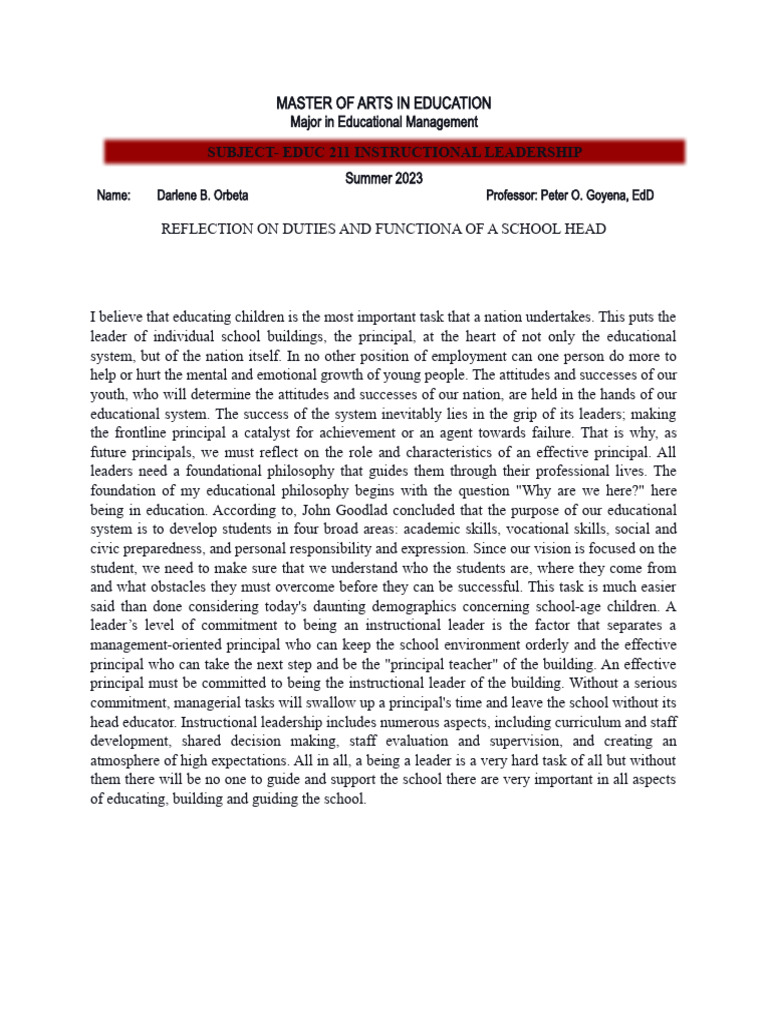The contemporary landscape of media is a dynamic panorama rife with complexities and responsibilities that demand judicious discernment. The Baha’i teachings provide profound insights that illuminate the ethical and spiritual imperatives that ought to guide the press in its noble pursuit of truth. This reflection delves into the pressing duties of the media, examined through the lens of Baha’i principles, advocating for a transformative perspective on journalism that not only reports the facts but also fosters unity and understanding within society.
At the very heart of the Baha’i teachings is the concept of oneness—of humanity and of the divine purpose. This tenet urges the press to transcend beyond mere dissemination of information and to embrace its role as a catalyst for social cohesion. In an age where information can be disseminated instantaneously across myriad platforms, the media’s responsibility extends not merely to accuracy, but to the elevation of discourse. This calls for a robust commitment to integrity, as the distortion of truths can foment conflict and division.
To embrace this challenge, media professionals must adopt a holistic approach to their reporting. They should seek to highlight stories that underscore the interconnectedness of communities and the shared human experience. For instance, the press could illuminate examples of collective action in the face of adversity, demonstrating how diverse groups band together for a common purpose. Such narratives reinforce the Baha’i belief in the power of collective action and the potential for unity in diversity.
Additionally, one pressing duty of the press is to amplify marginalized voices. In the spirit of justice—a cornerstone of Baha’i ethics—it is imperative that media coverage does not primarily cater to the privileged few. By providing a platform for those who are often rendered voiceless, the press can promote the principle of equality. Coverage that includes diverse perspectives fosters a more comprehensive understanding of societal issues, and encourages listeners and readers to engage with narratives they may not otherwise encounter.
Furthermore, the media has a duty to challenge preconceptions and societal norms that perpetuate injustice. The Baha’i teachings advocate for the elimination of all forms of prejudice, and the press can significantly contribute to this aim by critiquing systems of power that sustain inequality. This requires a courageous examination of prevailing narratives, alongside an unwavering commitment to factual integrity. A forthright approach can provoke necessary conversations, allowing society to confront uncomfortable truths that are often brushed aside.
Moreover, in an era characterized by misinformation and sensationalism, the media faces the ethical duty of fact-checking and veracity. The Baha’i principle of truthfulness implores journalists to transcend sensationalist tendencies and instead strive for authenticity. The propagation of falsehoods not only misinforms the public but also diminishes trust in the very institutions that are essential for a functioning democracy. By prioritizing factual reporting, journalists not only uphold their profession’s integrity but also foster a more informed and discerning populace.
Equally, the press should endeavor to cultivate a culture of compassion and empathy within its narratives. The Baha’i teachings emphasize the importance of the heart in understanding the plight of others. By incorporating elements of storytelling that resonate emotionally with their audience, journalists have the ability to create a profound impact. When stories are told with sensitivity and depth, they have the potential to evoke understanding, heal divisions, and inspire collective empathy.
In addition, there lies an imperative for the press to engage with the spiritual dimensions of reporting. The Baha’i Faith teaches that material realities are inextricably linked to spiritual truths. By recognizing this duality, journalists can incorporate a spiritual perspective into their work—considering not just the ‘what’ and ‘how’ of events, but the deeper implications of their coverage. Reports that explore the ethical ramifications of political decisions, social policies, or climate change can enrich public discourse and elevate the consciousness of the community.
However, the reimagining of the media’s role is fraught with challenges. The corporate structures and profit-driven models prevalent in many media outlets can stifle the application of these ideals. The quest for clicks and views often leads to content that prioritizes entertainment over enlightenment. Nevertheless, a transformative approach grounded in Baha’i principles could inspire media practitioners to innovate. By establishing platforms dedicated to constructive journalism—where the focus shifts from sensationalism to education and empowerment—new models of media can emerge.
Ultimately, the pressing duties of the media transcend the boundaries of mere reporting. The Baha’i perspective implores media professionals to actively contribute to the betterment of society, strengthening the bonds of unity and understanding among humanity. Each article, each broadcast, each tweet offers an opportunity to champion truth and embody the principles of justice, compassion, and spiritual insight. By embracing these responsibilities, the media can not only inform but inspire, instigating a collective awakening towards a more unified and harmonious world.
